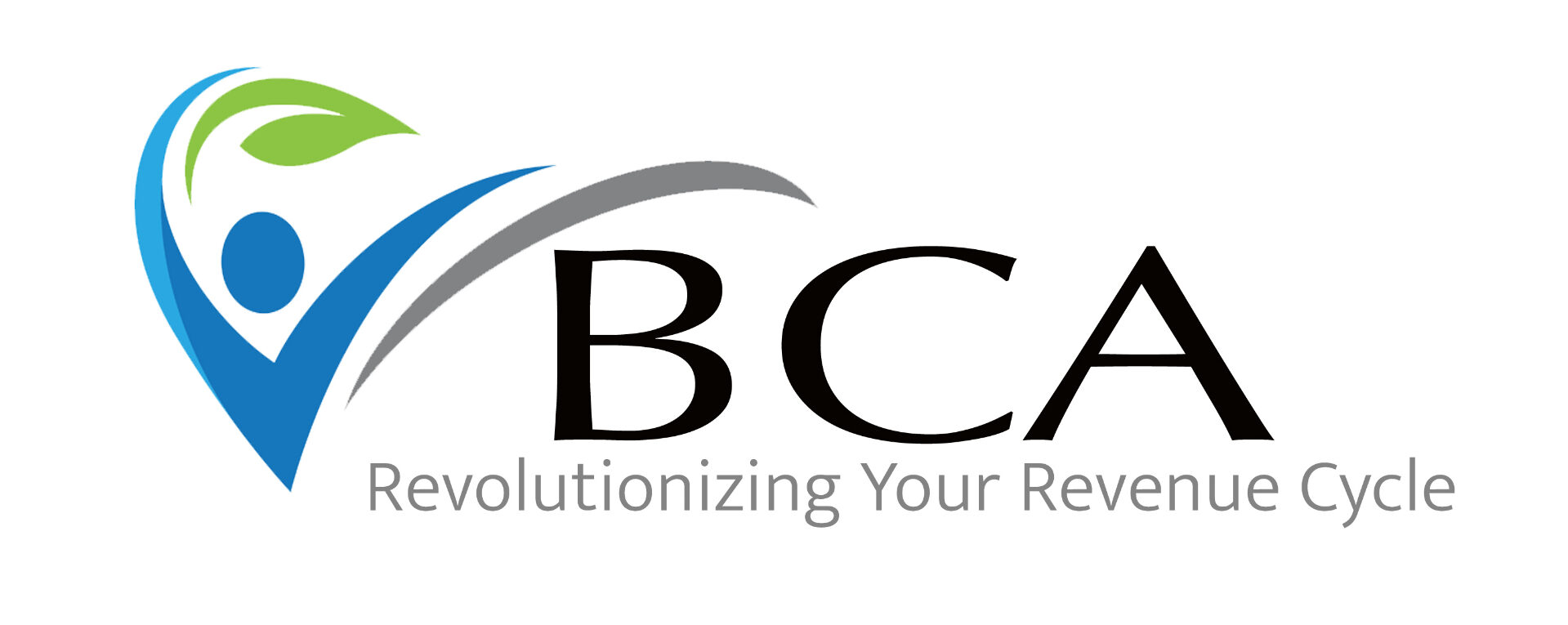Effective payer contract negotiations are essential to ensuring fair reimbursement rates and sustainable revenue streams. By taking a strategic approach to negotiations, organizations can strengthen their financial position and better serve their patient populations.
The Importance of Strategic Contracting
Payer contracts not only determine reimbursement rates, but also payer requirements for billing, coding, and quality reporting. Poorly negotiated contracts can lead to:
- Underpayment: Lower-than-expected reimbursement rates for services rendered.
- Administrative Burdens: Complex requirements that increase the risk of denials, timely filing, and delayed payments.
- Missed Opportunities: Failure to include provisions for innovative care models or incentive programs.
Key Elements of a Payer Contract
- Fee Schedules: Ensure rates align with the cost of delivering care and account for inflation. Have a standardized process for setting and reviewing rates regularly.
- Incentive Programs: Negotiate value-based care incentives tied to quality metrics.
- Timely Payment Terms: Include provisions for prompt payment to improve cash flow.
- Appeals Process: Define a clear process for resolving disputes and appealing denied claims.
Steps to Optimize Contract Negotiations
- Analyze Current Contracts: Review existing agreements to identify unfavorable terms or areas for improvement.
- Benchmark Rates: Compare reimbursement rates with regional and industry standards to ensure competitiveness.
- Leverage Data: Use patient outcomes, service utilization, and cost efficiency data to demonstrate your value to payers.
- Engage a Negotiation Team: Assemble a team of financial, legal, and clinical experts to represent your organization during negotiations.
- Set Priorities: Identify your must-haves (e.g., higher rates for certain services) and areas where you’re willing to compromise.
Metrics to Monitor During Negotiations
- Reimbursement Rate Trends: Track rate changes over time to evaluate the success of negotiations.
- Denial Rates by Payer: Identify payers with high denial rates to address contract provisions that may contribute to issues.
- Net Revenue Per Encounter: Analyze the financial impact of contract terms on per-visit revenue.
Collaborating with Payers
Strong relationships with payers are key to successful negotiations. Build trust by:
- Sharing data that demonstrates the value and quality of your services.
- Proactively addressing payer concerns, such as coding or billing accuracy.
- Engaging in regular communication to maintain alignment on goals.
The Role of Leadership
Leadership must prioritize payer contract negotiations by:
- Allocating resources for negotiation preparation.
- Setting realistic financial goals and aligning contracts with organizational priorities.
- Monitoring contract performance to ensure terms are being met.
Need help optimizing your payer contracts? BCA provides expert guidance to help you secure favorable terms and maximize reimbursement. Contact us today.
At BCA, we offer auditing and consulting services to support your practice in maintaining compliance and enhancing the quality of care, with documentation review starting at $499 per clinician. Please contact us at info@bcarev.com to learn more about our tailored solutions and how we can help you optimize your quality initiatives.
